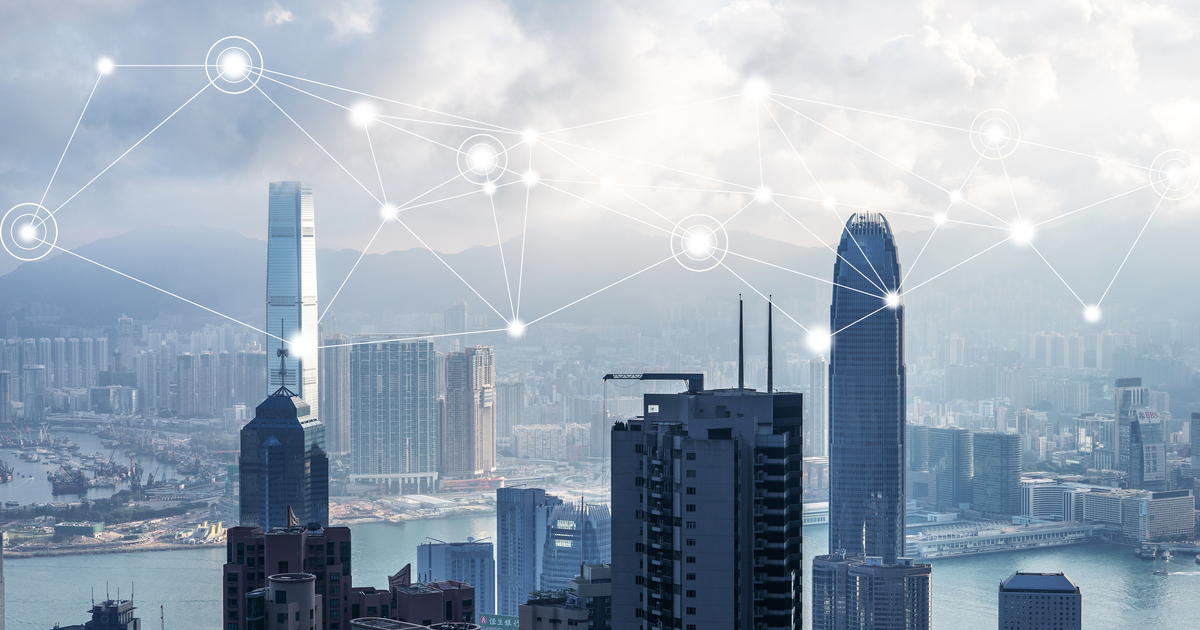Experts share the No. 1 pandemic work trend they think will stick around
Experts predict that some jobs will disappear in the wake of the Covid-19 pandemic and companies will focus more on employee well-being.

When Covid-19 first caused cities throughout the United States to shut down in March 2020, many thought life would be back to normal in just two weeks.
But weeks quickly turned into months, then years – now, two years since the World Health Organization first declared Covid-19 a global pandemic, it's clear that this crisis has left a lasting impact on our lives and our work.
Some people switched to working from home for the first time and discovered they never want to step foot in an office again, while others, including nurses, grocery store cashiers and teachers saw their workloads triple on the pandemic's front lines.
While some companies are urging a "return to normal," which includes urging their employees to come back to the office full-time, economists and researchers are convinced that we'll never go back to work the way we did before the pandemic.
CNBC Make It spoke with three experts about the biggest trends that will continue to shape work beyond the pandemic.
The automation or disappearance of some service jobs
The pandemic sparked conversations about the role physical proximity plays at work and a greater push for workplace safety along with it.
That means that jobs requiring close human contact — waiters, hotel concierges, retail cashiers – will see greater transformation because of the pandemic, migrating to e-commerce or automation, Anu Madgavkar, a partner and researcher at the McKinsey Global Institute, says.
"There's a drive toward wanting to manage risks and limit the number of people that can spread infections," she explains. "Companies are also thinking more about how to streamline their cost base and operating structures, and fewer people want to work in a traditional, in-person setting."
The pandemic sped up the natural process of jobs being phased out as people changed their habits, reducing demand for certain services like shopping at a mall or buying groceries at a supermarket.
"These jobs will fade out in the next couple of years, if not vanish completely," Madgavkar says. "But there will be a demand for new jobs, as this shift to digital transactions will propel growth in delivery, transportation and warehouse jobs."
More than 100 million workers will need to find a different occupation by 2030 due to pandemic-induced labor disruptions, according to McKinsey research – 12% more than analysts had estimated before the pandemic.
Greater focus on employee well-being
2021 saw people quit their jobs at historic rates – and turnover shows no signs of slowing down as another 4.3 million people quit their jobs in January.
Anthony Klotz, an organizational psychologist and professor at Texas A&M University, coined the phrase "The Great Resignation" during an interview with Bloomberg last May to describe the wave of people quitting their jobs in search of higher pay and a healthier work culture, among other benefits.
Klotz says that the tight labor market has been a wake-up call for companies to take deliberate actions that improve employee well-being, including better benefits and flexible schedules.
"A lot of these resignations have been driven by psychological factors: to cure burnout, or focus on caregiving responsibilities, for example," he says. "We've seen a lot of employees say their life revolved around work before the pandemic and coming out of it, they want work to adjust to their life."
Klotz speaks often with HR executives and business leaders, and in each of these conversations, he's sensed that companies are embracing the Great Resignation as a chance to make lasting organizational changes that give workers more power.
"We're in the golden age of business experimentation," he adds, predicting that more companies will introduce sabbaticals, increased paid time off and flexible work hours to improve the workplace for employees.
The last two years have brought a renewed focus on mental health and humanizing our workplaces – hopefully, Klotz says, "this will be one of the lasting silver linings of the pandemic."
Gen Z and millennials' disruption of traditional working models
Gen Z and millennials make up close to half (46%) of the U.S. full-time workforce, according to Gallup, and this number is only expected to go up as the pandemic drove more boomers into early retirement.
These younger employees are also leading "The Great Resignation," with more than half (52%) of Gen Z and millennials considering changing jobs this year according to a new Microsoft report that surveyed 31,102 employees between January and February.
As their share of the workforce grows, so will Gen Z and millennials' impact on how companies operate, Karin Kimbrough, LinkedIn's chief economist, says.
"This is a group that approaches work differently than the generations before them," she explains. "They work just as hard and are just as motivated to excel in their careers, but they are more open to talking about mental health, work-life balance and companies to engage in social issues."
Kimbrough believes the pandemic has accelerated these trends: As digital natives, their technological prowess has made them the most coveted pool of job candidates, and with an influx of new jobs in the market, more empowered to quit if they're not getting what they want.
"In the age of Covid, younger employees are looking for purpose, a reason to feel attached to a particular company and we're seeing more companies, as a result, strengthen their approach to sustainability and comment on political issues … you didn't see that 10 years ago," she says.
We can also expect to see more companies embrace flexible, hybrid work policies and offer clearer paths to career advancement, thanks to Gen Z and millennials' growing influence. As Kimbrough notes: "Companies are realizing that they have to listen to their employees and make meaningful changes."
Check out:
How the pandemic made the pay gap worse for low-wage workers and women of color
Remote and hybrid jobs are attracting 7 times more applicants than in-person roles
Sign up now: Get smarter about your money and career with our weekly newsletter

 ValVades
ValVades 










/Management/John%20Pelant%20232x232.jpeg?n=9404)












.jpg&h=630&w=1200&q=100&v=6e07dc5773&c=1)





